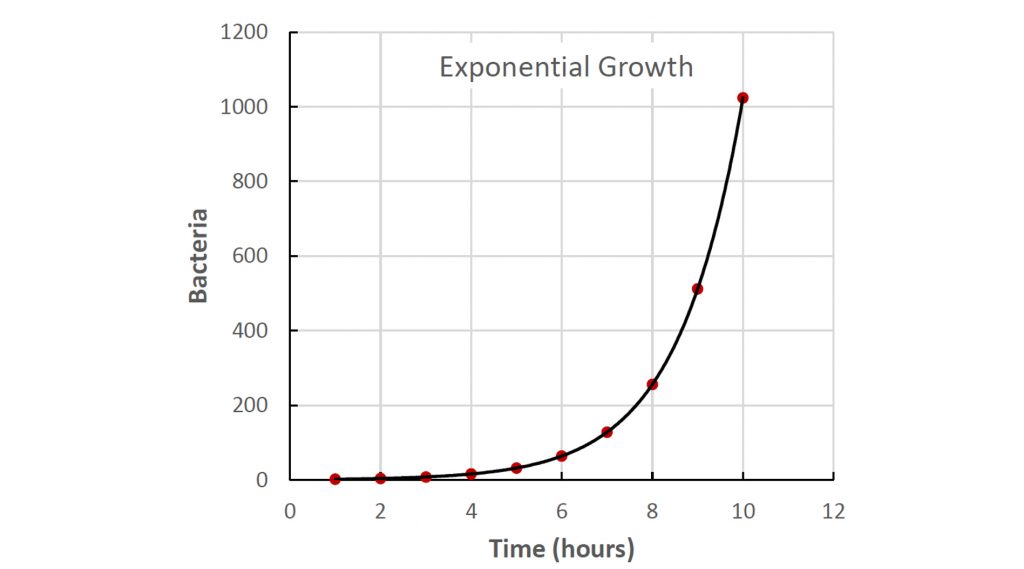
This page is still being construed …
this site is titled planAlpha, simply because the plan to democratize our economy should have been implemented from the start – beyond establishing a democracy as form of government, with personal freedom and rights, elections and so forth, the economic system should have seen a democratization as well. It should have been plan alpha to establish a democratic economy, but it was not. Instead, we opted for a system that is extremely unfair, biased and truly undemocratic.
planAlpha exists, because this fundamental lack exists. I know that half of the population is going to scream a big big NO! to the plan to democratize the economy, and will promote the fear of socialism and communism once they hear even the slightest bit of the plan. But in reality, the plan that is put forward here, has nothing to do with communism, especially not in the form the world has experienced in the former USSSR. So what’s the plan? Let’s take a look!
A) The current state of affairs, and the problem
Let’s do a thought experiment, and start with you founding your own company. There is likely a truckload of work in store for you, you will likely not break even the first months or years, and you will likely have a lot to do and a lot of stress, accordingly. Hence, it only seems fair, that once your company produces revenue, you should be the one to profit from it the most. After all, you had the idea, you put in the work and the time. But, in our thought experiment, let us jump ahead twenty, thirty years. Let us assume your company did well, expanded, scaled up, and you are now a millionaire, having pocketed the revenue your company generated throughout the last twenty, thirty years. In our thought experiment, you are getting older, and you think about retiring and letting your son or daughter take the wheel, and pass on your company in case of your death. Let us further assume, you do die, and your company is passed on to, say, your daughter. Now, let us further assume the following: your daughter is 30 years old, and never had to work a day in her life, because you have provided so well for your family. Furthermore, your daughter hires someone to be the day-to-day CEO of the company, handling the vast majority of the workload of leading a company. Then your daughter is left with basically nothing to do, but only pocketing virtually all of the profit the company generates. Your daughter never really deserved this comfortable situation by the time and work she put in: she was merely born (and that has not been her decision either, let alone accomplishment). So in essence, your daughter never has nor will ever put in any work for the company – she only pockets the revenue stream. Is that fair, compared to let’s say the average employee of the company, who puts in forty hours a week, for years or even multiple decades of his/her life? How is that fair towards all the employees who put in hard work and time of their lives? Of course, it is not fair. There is virtually nothing fair about it, let alone democratic about this state of affairs. Yet, that is what happens, and keeps happening over and over in the world. People are born into wealthy families, and go through life never really having to work, but maybe only show up to a few board meetings couple of times a year, yet pocketing almost all of the wins of the company. How is this democratic, how is this fair, how is this meritocratic? The answer is easy. It is not. Not at all. Nothing about it is. So what to do?
B) Basic proposals
There is a multitude of options to make our economy fairer, based on values like cooperation and regard as well respect for everyone. None of the ways imply a hippy-state or a commune, where everything is shared. None of them are unimaginable, none of them are so utopian that they could not materialize (if you think our current form of capitalism is the only way to go, I recommend you check out Marc Fisher’s book on Capitalist Realism). The biggest hurdle to overcome is our own fears of the unknown, or the belief that has been injected into us by nurture, upbringing, the media and the tricks the capitalist propaganda uses to justify the rich getting richer, for example, by playing on our fears, that all other historic counterexamples (like communism) have played out so badly.
None of the recommendations found here are mutually exclusive, and neither do they claim to be the absolutely best or absolutely necessary ones. But all of them, possibly in combination, would lead to an economy that is rather different than current capitalism, and would definitely deserve to see their share of attempt.
1. Slow, incremental democratization of ownership of companies
In the above thought experiment, we envisioned a company that was founded by one generation and is passed on to the next. But what about the work force, that was the essential building block to make the company prosperous? Instead of passing the right of ownership to relatives, or for the company to be sold, we could imagine a model, in which the workforce receives stock in the company, depending on how long they have worked for it. One could use a asymptotic graph to illustrate how such a stock in the company could be handed over to the workers, dependent on the amount of time they had worked, and thereby had helped to make the company grow and get more prosperous. The graph below is not at scale, and is not to be taken as direct measurement, but just serves to illustrate the point: once you enter the company, you do not have any stock yet. As you go on to work over the years, your stock keeps growing. Yet, the possible maximum amount of stock has to be limited, since there are others who deserve participation as well (your fellow workers, especially). We could start with a simple asymptotic curve (a curve that approaches a maximum, but never reaches it):

In this example, the longer you work for the company, the more stock you gain, but there is a simple upper limit. Yet, I would suggest a slight modification and use a so-called sigmoidal curve, that looks like this:

With a sigmoidal curve, we have three phases: one in the beginning, where nothing much happens. But subsequently, we see a phase of exponential growth, that is only limited by the third part, in which the gain is asymptotic. With a curve like this, we introduce an element of inertia: during a certain time after you have begun working at the company, your stock does not rise significantly. But once you have proven loyalty and value of your work (i.e. stick with the company), your stock starts an exponential growth – as you have proven yourself in the company, a higher reward seems fair. Yet, again for reasons of fairness towards your coworkers, there is an upper ceiling to the stock you can achieve over the years – as there should be, because your contribution might be still very valuable, but has an upper limit.
With this modification, that I believe is simple enough, we would at once rule out a few elements that plague our society and economy in the terms of the rich getting richer, and the poor staying poor or getting even poorer. Receiving stock of the company by merely working for it seems like a revolutionary idea, but is actually already implemented in a certain way in huge variety of payment systems in many companies: the longer you stay, the more you earn, is a rule of thumb for many enterprises: maybe you rise through the ranks, maybe you are just rewarded for your loyalty while your position remains the same. But there is two components in the present suggestion that are not seen widely implement in our economies. First, you get actual stock in the company, i.e. part of ownership of the company. Second, there is a ceiling that applies to how much stock (or how much pay) you can get, which reflects the component of solidarity to all your coworkers. Unfortunately, this is absolutely not the case when we look at vast majority of payment or any other form of reward in our current system: the exponential curve does not smooth out, but becomes ever larger as you climb your way to the very top of the company – so the graph looks more like a classical exponential curve:

Side note: I apologize for just picking random pictures from the internet to make my point, but hopefully they do serve their purpose.
….
2. introduce Universal Basic Income (UBI)
3. Companies as mini-states, states within the actual state
The bigger a company grows, and depending on the revenue it is achieving, the more state-like functions it has to serve (health-care, retirement plans, childcare, even subsidized housing, etc). So start-ups do not have any of those obligations, but companies like Amazon do.
